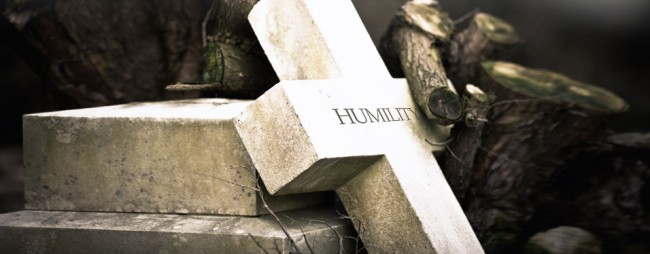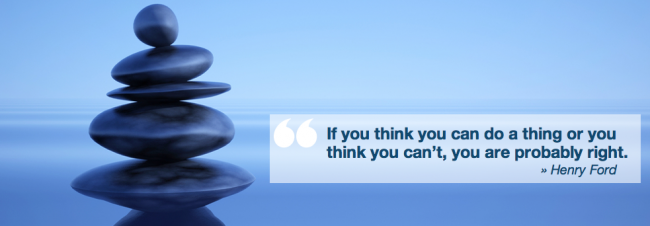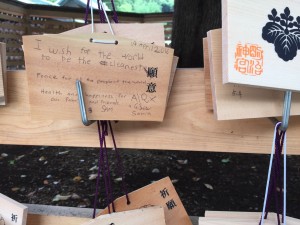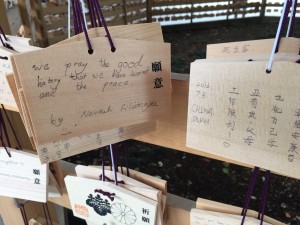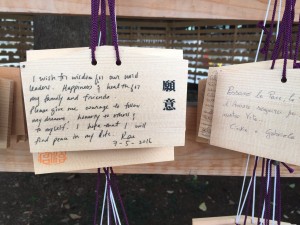This is what I have learned and try to practise – Admitting my mistakes
PhD research identified 10 key leadership practices that engender trust, paving the way to compelling leadership. Admitting mistakes is one of them.
If you are my age you might remember the TV sitcom “Happy Days”. The Fonz, played by Henry Winkler, was the guy everyone wanted to be. People idolised him. But his flaw was his inability to utter the word, “sorry”. He could never get the word out. Why is admitting a mistake so difficult? What actually is at risk?
I have seen the darkest side of life. For the past three years I have been involved in the Royal Commission into Institutional Responses to Child Sexual Abuse. Each week I sit with at least one victim of abuse as they share their story. Every story is the same in what the victim seeks: answers and an apology. They will accept nothing but a full and frank admission of guilt.
So why is it so difficult for a leader to admit their mistakes? Why is it that people in power can never confess? Because it takes incredible courage. No one in position of power and responsibility wants to be wrong. An admission of fault could be viewed as incompetence or guilt. In their mind, at risk is a loss of face, a loss of pride, humiliation.
But the reality is that we are all human. We are fallible. Even the very best leader makes mistakes. However, contrary to our rational thought, people won’t think less of us if we acknowledge our errors. They will actually think more of us because humility and honesty are qualities admired far more highly than arrogance.
People see through a facade of pride or political spin. Remember Bill Clinton, “I have never had sexual relations with that woman”. We all knew he did. People don’t care as much for the mistake you make as they do for your honesty. Honesty makes us real.
The very best leaders are never focused on his or her own ego. They are solely focused on the needs of the people they serve, no matter the cost or sacrifice. If the other person truly matters more than you, if you truly are a servant leader, you will put aside your pride, apologise and seek to repair what is damaged.
The act of admitting mistakes requires incredible humility. Humility and honesty, the act of being vulnerable, unlocks deeper levels of trust, paving the way to more authentic relationships and more powerful leadership. Arrogance and denial close the door on those opportunities .
What’s really at risk when we fail to admit our mistakes: real leadership and the loss of deeper relationships.

